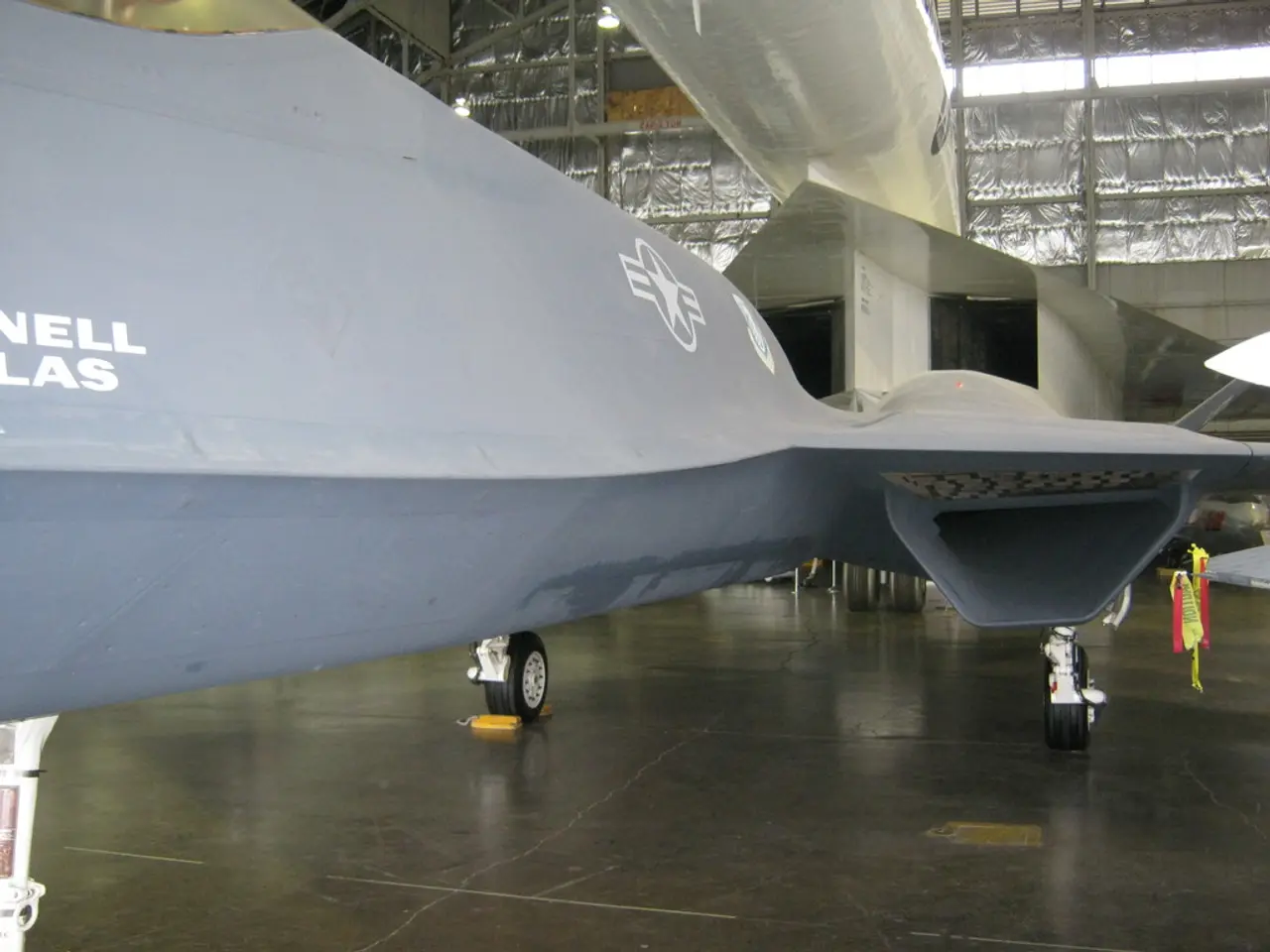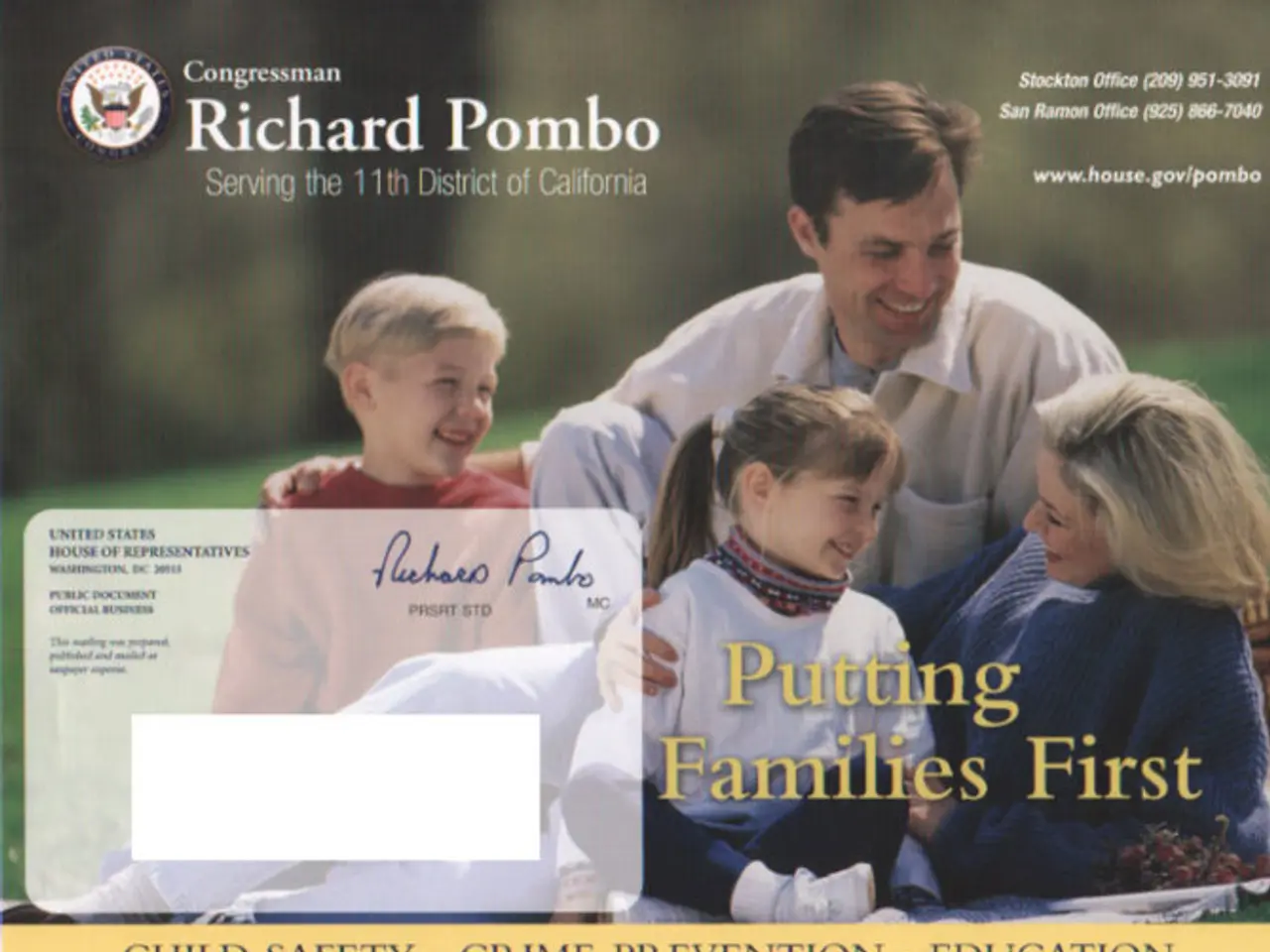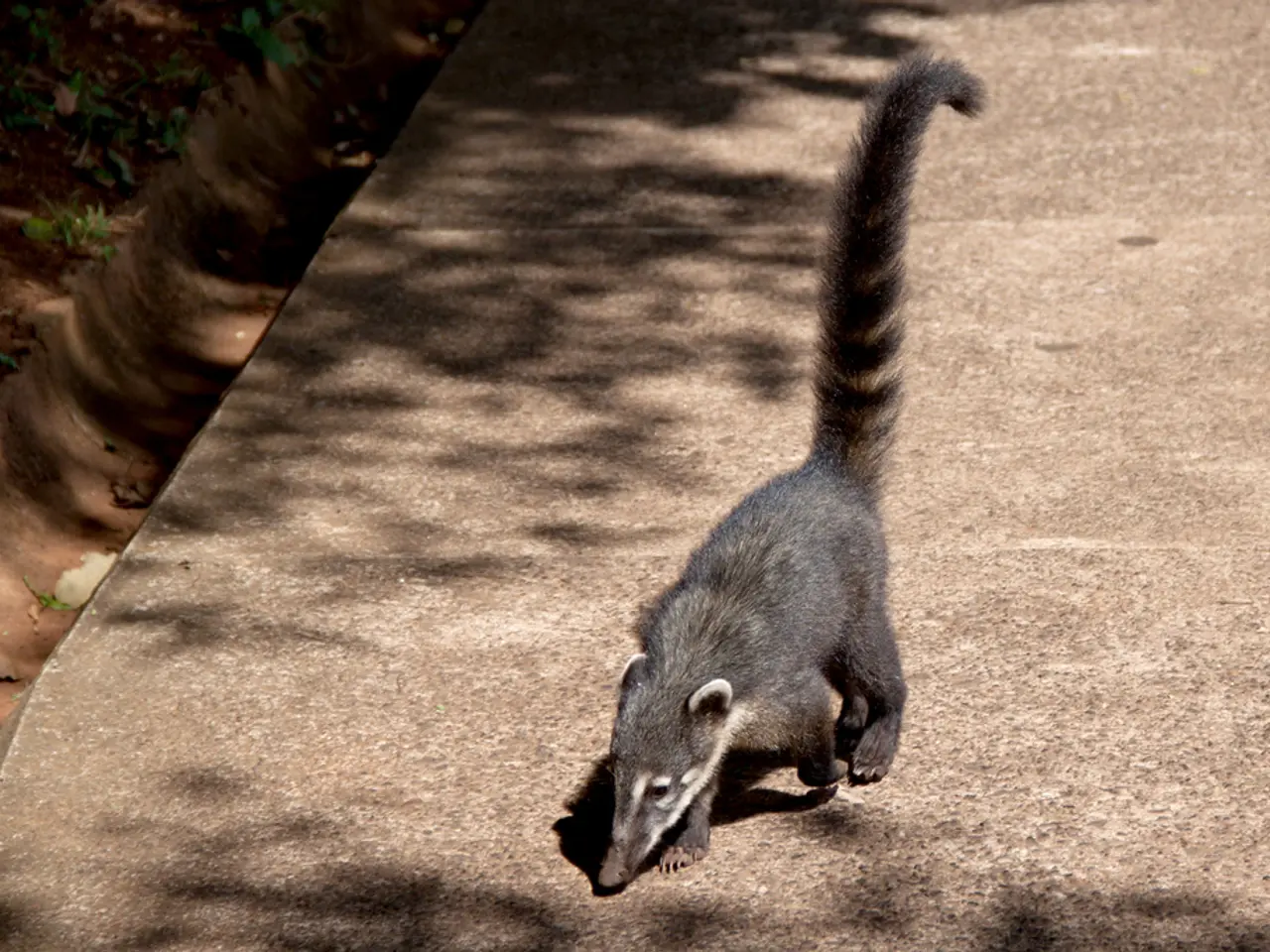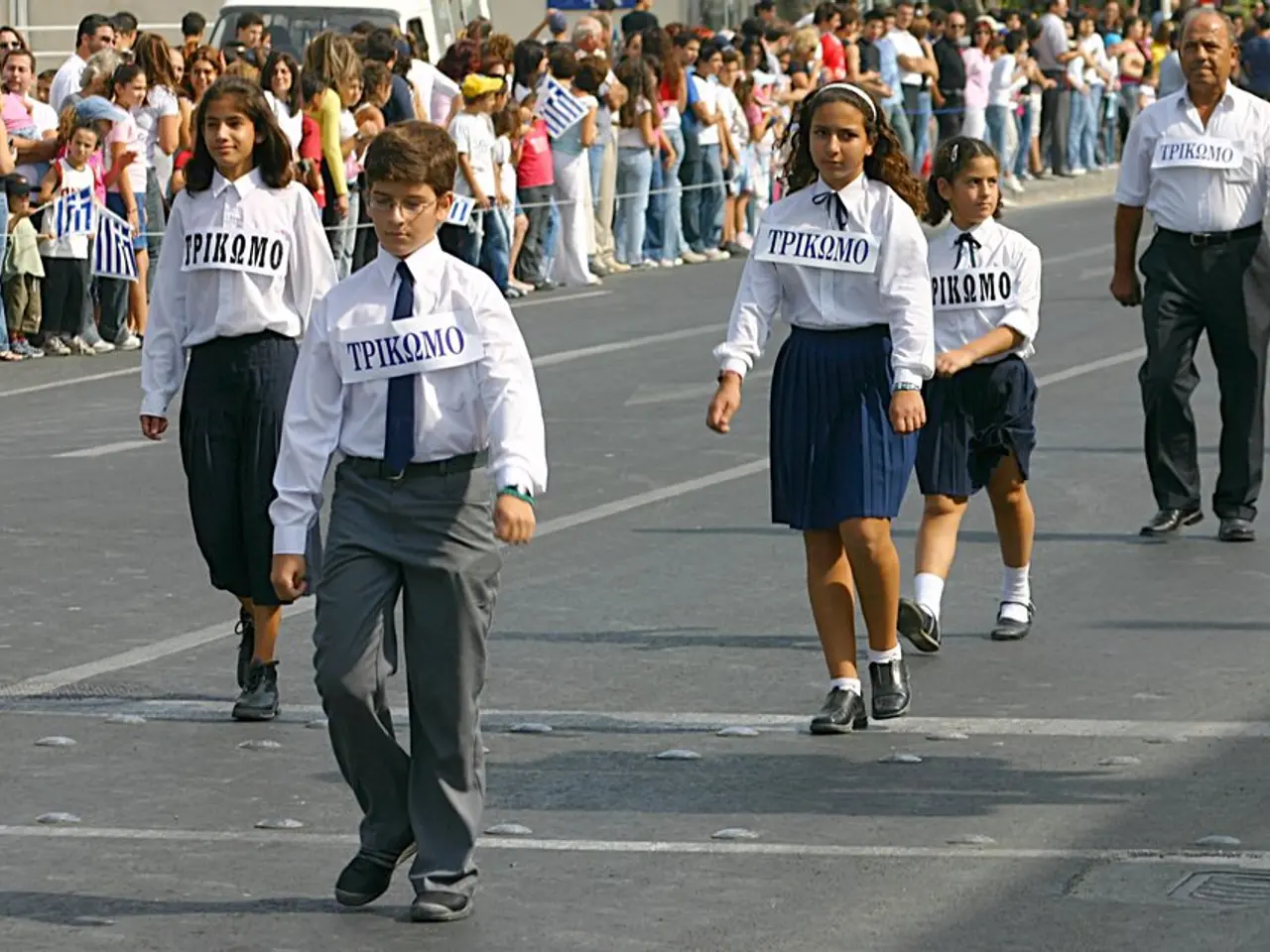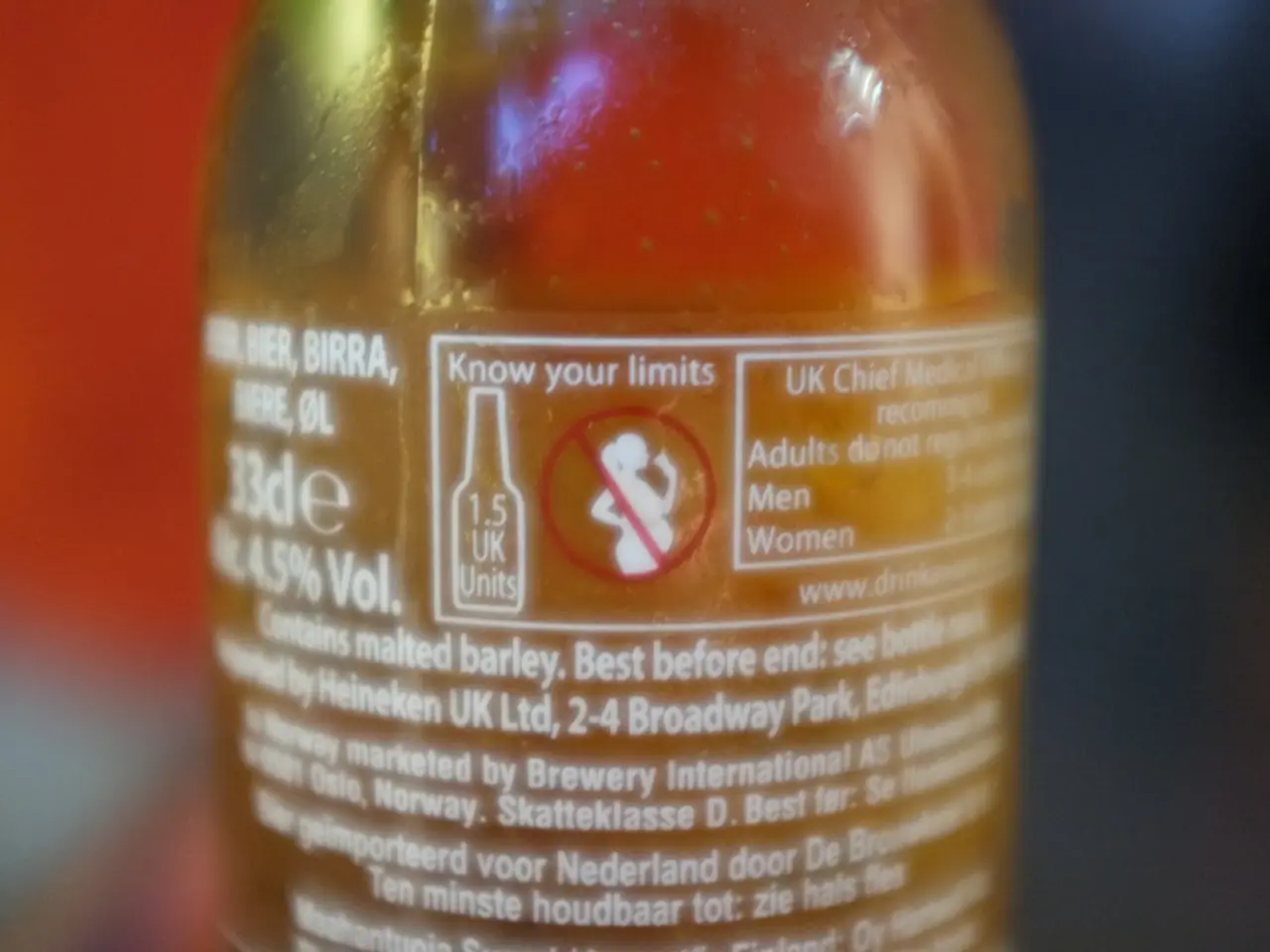Discontent at its peak: Reason behind Air Canada flight attendants authorizing a potential walkout
Negotiations between Air Canada and the Canadian Union of Public Employees (CUPE) Air Canada component over flight attendants' wages, unpaid labor, and working conditions remain unresolved, with a potential strike looming.
The previous 10-year collective agreement expired on March 31, 2025, and after more than seven months of bargaining, CUPE flight attendants voted overwhelmingly (99.7%) for a strike mandate on August 5. A legal strike could commence as early as Aug. 16 at 12:01 a.m. ET.
Key issues under negotiation include wages, unpaid labor, working conditions, and scheduling. CUPE argues that flight attendants’ wages have not kept pace with inflation, with flight attendants receiving only a 10% wage increase in the past decade. Air Canada reportedly offered a total compensation increase of about 32.5% over four years, but CUPE states this offer has not been formally presented to the union or accepted.
Flight attendants are currently paid only for "block time" (aircraft takeoff to landing), but the union demands compensation for ground time involving safety checks, boarding, deplaning, and other critical duties. Air Canada has indicated that such compensation aligns with industry norms but is willing to discuss it as part of overall compensation.
CUPE seeks improvements in unpredictable scheduling, fatigue protocols, enhanced safety, and retirement security, emphasizing the burden of unpaid duties and poor working conditions. Other demands include improved expense allowances to account for inflation and rising food costs while traveling for work.
Following failed conciliation efforts and a mandatory 21-day cooling-off period that ended July 26, either party may issue a 72-hour strike or lockout notice after Aug. 16. Both Air Canada and CUPE publicly express their desire to avoid a strike through continued bargaining under the Canada Labour Code's normal processes.
Theresa Mitchell, vice-president of the CUPE Air Canada component, stated that the union and employer remain divided on key issues. Air Canada remains committed to the bargaining process and is eager to resume discussions. The next bargaining session is scheduled for this Friday.
It is important to note that a potential strike can't take place until after a 21-day cooling-off period that follows the 60-day conciliation period. The Canadian Union of Public Employees (CUPE) Air Canada component, which represents around 10,000 flight attendants, has threatened to strike in the past, resulting in a government back-to-work bill in 2011.
As both parties continue negotiations, the potential for a strike could disrupt travel plans for thousands of passengers. Air Canada has stated on its website that it is determined to reach a fair and equitable collective agreement that recognizes the contributions of its Flight Attendants. CUPE is pushing for an end to the antiquated pay system that does not pay flight attendants for duties such as boarding, deplaning, and pre-flight safety checks. The union is also demanding guarantees that ensure proper rest for its members, including addressing long commutes from the airport to accommodations.
As of August 11, 2025, Air Canada and CUPE continue negotiations without a new contract, with a strike legally possible as of August 16 due to unresolved disputes over wages, unpaid labor, and working conditions for flight attendants.
In the ongoing negotiation between Air Canada and the Canadian Union of Public Employees (CUPE) Air Canada component, health-and-wellness concerns, such as addressing long commutes, ensuring proper rest for flight attendants, and compensating for both on-ground and flight duties, remain pivotal points of contention. The unresolved issues could potentially disrupt health-and-wellness in the workplace, impacting not only flight attendants but also thousands of travelers. Meanwhile, news articles highlight such negotiations, emphasizing the need for a fair agreement that considers science-backed workplace wellness practices.
